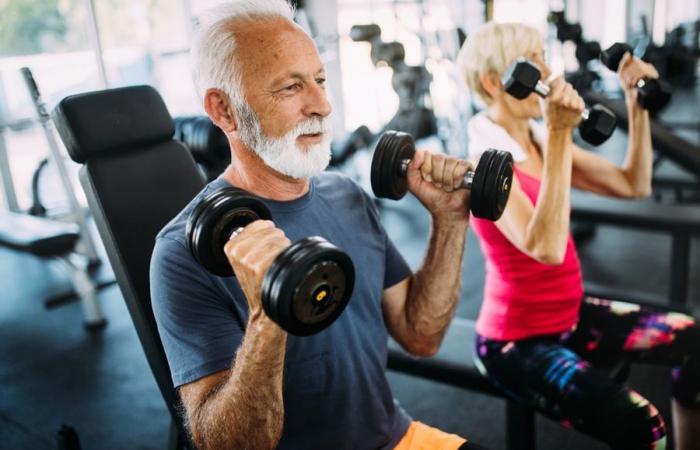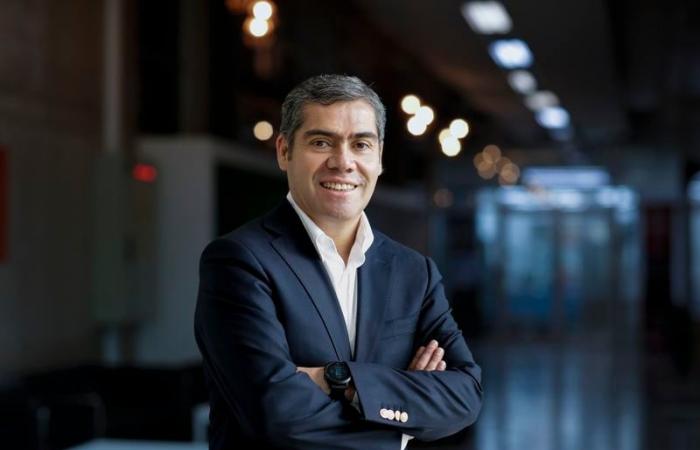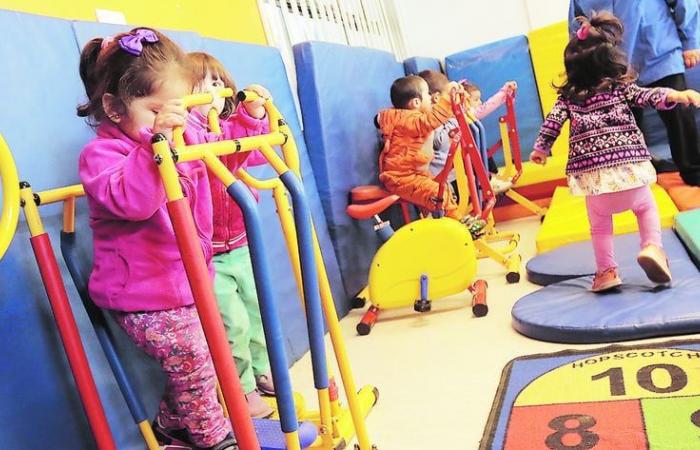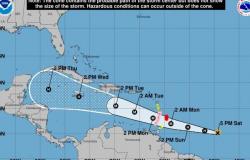Christian Campos, runs every day. He needs it. He runs 40 minutes a day to get energy and runs –although he organizes himself as best as possible—to fulfill the responsibilities of his position and his work as a researcher at the Institute of Exercise and Rehabilitation Sciences of UNAB and president of the International Network on Physical Activity, Mental Health and Cognition.
The dean played track and field in college and continued competing until recently. Even in 2018 he took first place in the STGO 21K by EuroAmerica race. Because The doctor in Physical Activity and Health firmly believes that exercise is the best and cheapest medicine. And scientific evidence supports this.
A study by the University of Queensland, Australia, has managed to identify the brain mechanisms that make exercise mitigate or prevent cognitive decline. Performing physical activity would directly affect the functioning of microglia, cells of the central nervous system that, in addition to forming your immune system, support brain function and are associated with the aging process.
“The proposal made by the study is that Through exercise I will help stop or modulate cognitive deterioration as age increases through neurogenesis, where new neurons are generated and also, new synapses and new communications between them,” explains Christian Campos, who has been studying the relationship between mental health, exercise and cognition for years.
At the Institute of Exercise and Rehabilitation Sciences, Christian Campos is a co-investigator of a project led by Dr. Falonn Contreras that has just finished and whose results are soon to be published. The study measured brain-derived neurotrophic factor, or BDNF, in two groups of third-grade girls: one that practiced rhythmic gymnastics for the first time over a three-month period and another that did not.
BDNF operates as a brain marker. It is a neuronal protein essential for neuronal plasticity processes that promotes connections between neurons.
“This protein causes the hippocampus area and some brain areas to improve with physical exercise. Not only memory is optimized, but also executive functions, which are on the spectrum of cognition. We realize that children who have better executive function have better academic performance,” explains the UNAB researcher.
The research team, through biochemical analyzes applied to the participants’ saliva, measured the cognitive part at the beginning and at the end of the study. Preliminary results showed that girls who played sports versus those who did not significantly improved their BDNF levels.
One of the main conclusions of Christian Campos is that cognitive physical exercise, that is, an exercise program that has components that involve cognitive functions, “is not the poor brother of the classroom of the school part, but the main brother, the one that helps you with science, mathematics, language. Schoolchildren should have at least 60 minutes of exercise,” says the UNAB academic.
To test it, a pilot experience will be carried out in the Atacama Region, led by UNAB together with the Seremi de Educación de Atacama and supported by the University of Atacama. This study house is, together with the UNAB, the University of La Frontera and other international schools, a member of the International Network of Physical Activity, Mental Health and Cognition, which promotes the generation of knowledge and scientific dissemination from an interdisciplinary perspective in the aforementioned areas, promoting public policies.
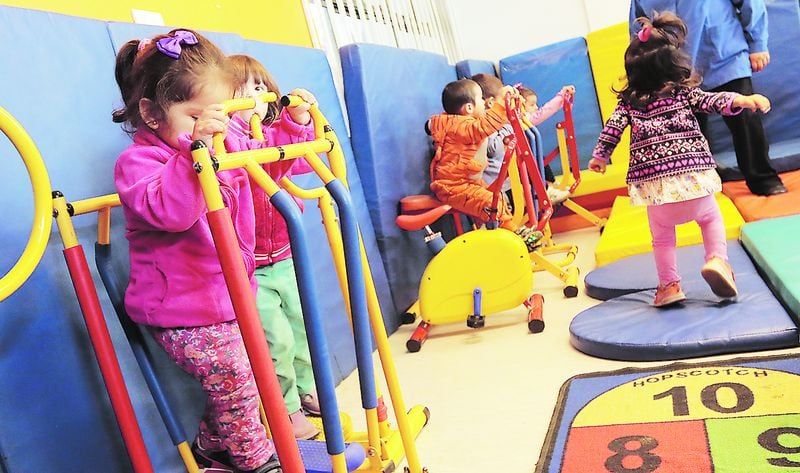
“The Atacama Region has at least a two-year gap in literacy and mathematics among first-grade children. What we want to do through physical cognitive exercises is to enhance certain areas of the brain, such as the hippocampus or executive functions, and that will stimulate the child to have greater abilities to learn,” says Christian Campos.
“When you exercise, the brain has greater irrigation, it carries more blood, therefore it oxygenates the structure better and is like a muscle. If I train it, the brain grows and develops greater synaptic capacity and that, in the long run, produces the benefits that we are seeing, because before it was not so clear,” explains the dean.
The benefits of exercising apply throughout the entire life cycle. In fact, an investigation led by UNAB researchers who belong to the International Network of Physical Activity, Mental Health and Cognition, carried out an intervention with cognitive physical exercise in older adults with different pathologies where “people have improved a significant amount of score to delay memory loss, for example, in patients with Parkinson’s,” says the UNAB dean.
“So, physical exercise is like a medicine, I say, but a medicine that has to have certain characteristics with cognitive components so that it is the exact dose and activates that area of the brain,” points out the academic, referring to when a therapeutic effect is deliberately sought. However, the practice of any physical activity, ideally between half an hour to one hour a day, is still recommended for everyone.
Exercise allows you to have better health in general because it helps burn fat, improve muscles, optimize the cardiovascular system and also provides mental health. Apart from improving oxygenation of the brain, it generates substances such as dopamine, serotonin and endorphins, which help to relax and generate a feeling of well-being in the person.
And if its benefits have been widely disseminated Why is Chile still such a sedentary country? Dr. Campos believes that a cultural transformation is needed, starting with instilling sporting habits in the youngest children, so that they can pass them on to their parents and those close to them.

“The message I would give here is that the Ministry of Education has to get its act together because we have to train our children from the cradle. A preschool child should have at least one hour of motor activity every day. But they see it as not being the most important thing and they do add more hours of mathematics, more hours of language, which is not the most correct thing,” she says.
“If I have more hours of physical activity, games, motor activity, etc., that creates the foundations in the neurons and brain, so that the child has a greater receptive capacity and has certain windows where he can better assimilate the material.” and learn much more,” he concludes.

